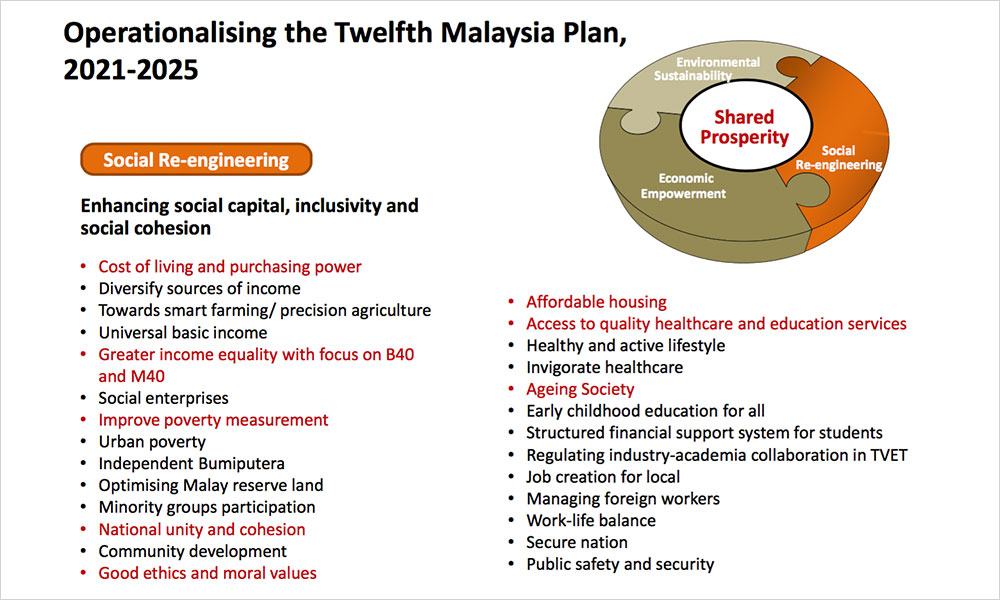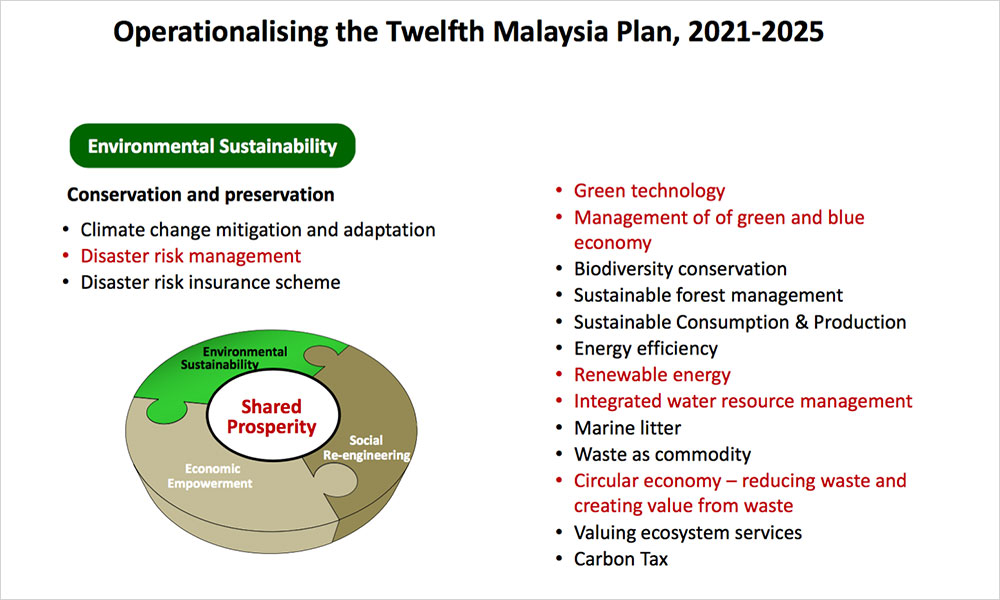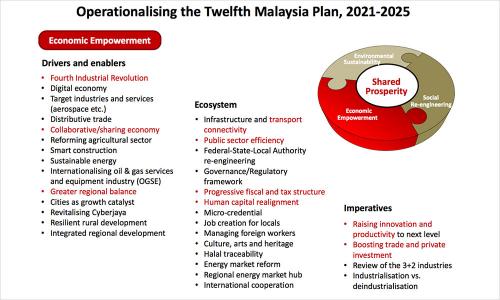LETTER | Sustainable development principles are paramount
LETTER | The charting of the 12th Malaysia Plan in the context of the Covid-19 crisis calls for a substantive discourse among the political and business circles, civil society and workers on what type development that is envisaged in the next five years.
This year, 2020, marks the end of Vision 2020 and the 11th Malaysia Plan, 2016-2020 period.
According to the previous Pakatan Harapan government, the 12th Malaysia Plan from 2021 to 2025 will be aligned with the shared prosperity initiative encompassing three dimensions, namely economic empowerment, environmental sustainability and social re-engineering.
The economic empowerment dimension will include new sources of growth, including Industrial Revolution 4.0, digital economy, aerospace industry, integrated regional development as well as growth enablers such as sustainable energy sources and infrastructure connectivity.
The environmental sustainability dimension, among others include the blue economy, green technology, renewable energy as well as adaptation and mitigation of climate change.
The social re-engineering dimension comprises enhancing societal values, improving the purchasing power of the people, building a resilient bumiputera community, strengthening social security networks and improving the well-being of the people.

Various dimensions had been spelt out related to economic empowerment, environmental sustainability and social engineering that are not exhaustive.
The fundamental flaw that is very obvious in the formulation of the 12th Malaysia Plan by the previous government is, it tends to compartmentalise areas of growth without underlying moral and sustainable principles that would bring about common good and coherence to the agenda.
For example, creating a resilient bumiputera community seems to suggest the resilience of other communities are secondary. While we emphasise the importance of addressing climate change, we may ignore sustainable practices in the agricultural sector.
Resilient development in the rural sector does not mean having a sustainable eco-system. The vital principle of protecting planet earth as the basis of all decision-making is not emphasised.
The Covid-19 health crisis has ravaged the global economy. This shows that the current model of development that focuses on unbridled capitalism and craving consumerism has damaged the eco-system, leading to an easy transmission of viruses from animals to humans.

The non-existence of vaccine to treat coronavirus-infected patients has caused the death of thousands and shows a failure of the current global and national economic model in enhancing healthcare.
This clearly calls for a change from the current neoliberal global and national economic system to an economic system that embraces the sustainable development goals set by the United Nations, which are rooted in the enhancement of human dignity and protection of the planet Earth.
The UN’s Global Goals aim to end poverty, protect the planet and ensure prosperity for everyone by 2030.
The lack of integration among various dimensions outlined in the 12th Malaysia Plan would cause inequality and damage the environment. Systematic thinking that integrates all dimensions rooted in sustainable principles is paramount.
Therefore, the Association for Community and Dialogue would like to appeal to all politicians and civil society leaders to embrace sustainable development goals as the supreme principle in which all economic and social engineering activities are based on as we discuss the 12th Malaysia Plan from 2021 to 2025.
This will provide Malaysia with a great opportunity to turn the tide by embracing sustainable development principles and goals for our future generations.
RONALD BENJAMIN is secretary of the Association for Community and Dialogue.
The views expressed here are those of the author/contributor and do not necessarily represent the views of Malaysiakini.
RM12.50 / month
- Unlimited access to award-winning journalism
- Comment and share your opinions on all our articles
- Gift interesting stories to your friends
- Tax deductable
